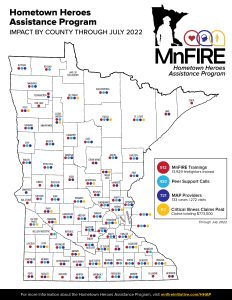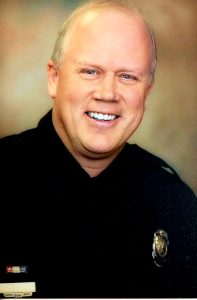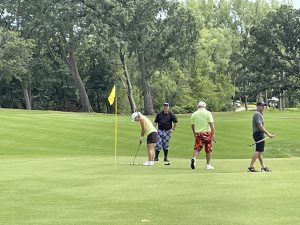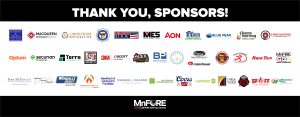Since it was passed in July 2021, the Hometown Heroes Assistance Program (HHAP) has supported hundreds of peer support calls and visits with mental health providers, trained the majority of the state’s firefighters on their occupational health risks, and has paid out nearly $800,000 in critical illness claims – all at no cost to firefighters, their departments or their communities.
The HHAP dedicates $4 million per year to ensure that every Minnesota firefighter has access to the education, prevention and care needed to handle a cardiac, emotional trauma or cancer diagnosis. It combines three vital elements: an assistance program with expanded emotional trauma resources, an up-to-$20,000 critical illness policy, and ongoing health and wellness training.
In the 12 months since the legislation went into effect, the program has changed – and saved – lives by providing:
- 721 firefighter-focused mental health providers across the state to offer up to five no-cost counseling sessions to firefighters and their families. To date the MnFIRE Assistance Program has facilitated 272 provider visits.
- An expanded network of trained MnFIRE Peer Supporters, which has responded to 430 calls.
- 52 paid Critical Illness claims, totaling $773,000. Illnesses have included full-benefit cancer, COVID-19, post-traumatic stress disorder, skin cancer, other cancer, ALS, heart attack, sudden cardiac arrest, heart disease, kidney failure, coronary artery disease needing surgery and other mental disorders.
- 512 MnFIRE trainings to 13,929 firefighters.
William Ewald of the St. Bonifacius Fire Department shared how the MnFIRE Assistance Program and Peer Support network have helped him immensely.
“Going into the fire service, every candidate expects to fight fires, but the fact of the matter is we’re 80% medical response and that has a highly emotional response. The emotional aspect was heavy for me,” says William. “I’ve learned how to better manage my stress and get through it so it’s not so impactful on me or my family.”
Christian Worby, a Coon Rapids firefighter battling multiple myeloma, accessed the critical illness benefit this past year.
“This program has allowed me and my family to focus on my treatment rather than worry about our finances due to the cancer diagnosis,” says Christian. “It’s great having the extra financial support. It’s an extra safety net. It’s an expensive deal having a major illness.”
These are just a few of the success stories that have come out of this monumental legislation. So far, we have provided support to firefighters in 85 of Minnesota’s 87 counties.
All active Minnesota firefighters – volunteer, paid-on-call, part-time and full-time – can access the MnFIRE Assistance Program, are automatically enrolled in the Critical Illness insurance policy and can receive training – all at no cost to them.
Receive help for a crisis, find out more information or file a claim by calling 888-784-6634 or visiting our HHAP page.

